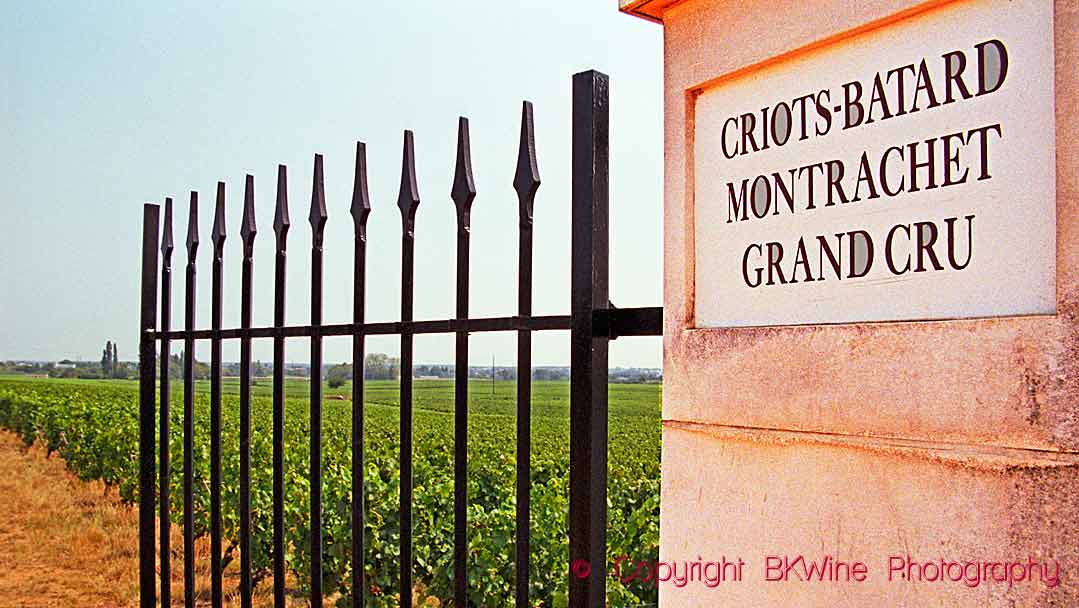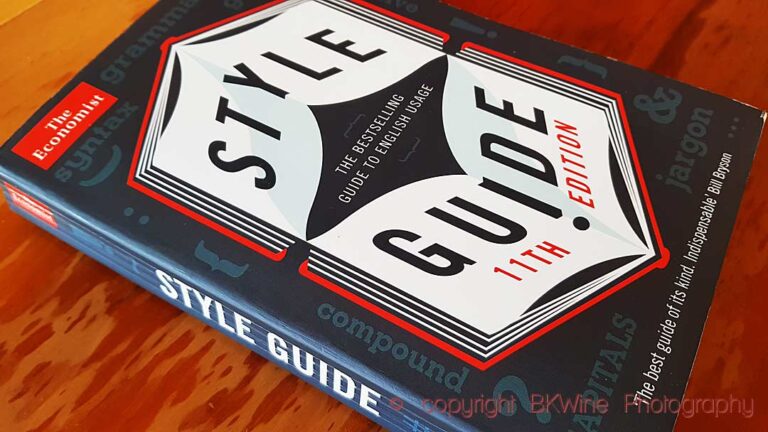 I recently read that wine investors are buying a lot of wine at the moment. They fear that the specific character of various wines will soon be a thing of the past, that new weather patterns and new, hardy grape varieties will change the taste and style of their favourite wines.
I recently read that wine investors are buying a lot of wine at the moment. They fear that the specific character of various wines will soon be a thing of the past, that new weather patterns and new, hardy grape varieties will change the taste and style of their favourite wines.
Of course, wine styles have changed regularly during the long history of wine. If we take the last 50 years, we have had to get used to a wide range of changes, most of them positive. So, changes don’t have to be seen as a threat. Rather the opposite.
The identity crisis of Bordeaux, Burgundy or Brunello and other famous wines are still some way off. But that doesn’t mean that identity isn’t important. Because how do we choose a wine? Maybe because it is cheap or because you have drunk the wine before and know that you like it. But many people buy an origin, a burgundy, bordeaux, chianti, rioja, etc., because they have a hunch about the different styles. (We use lower case when we talk about the wine – a glass of bordeaux – and upper case when we talk about the geography – a wine tour to Bordeaux.)
A geographic origin on the label is of great help to the consumers. An origin is easier to remember than the names of the countless wine producers out there.
France created the wine appellations to protect an origin, to protect the producers who grow their grapes in a specific area. To prevent any unscrupulous producer from using grapes from other places. Some years later, rules were added about grape varieties and other things so as to not only protect the origin but also “a character that gives the wine its distinctiveness”, as Joseph Capus said, one of the men behind the French appellation rules. He gave the wines a common identity.
A stated origin gives a product a certain aura of exclusivity. This applies to food as well as to wine. Benin, an African country, has just received a geographical indication (GI) for its pineapple, which will hugely increase the status of that pineapple. The value of an agricultural product that has a GI increases by 40% writes The Economist. The consumer will be intrigued by a protected origin. I bought a black pepper from Kampot (Cambodia) this week because it has a PGI.
France occasionally creates new AOP regions. I recently met Laurent Brusset who owns Domaine Brusset in Cairanne in the southern Rhône Valley. He is also president of the wine growers’ association in the village. Cairanne became “cru” (a word used to signify that it has its own appellation) in 2016. For nine years, Laurent worked to make this happen. Experts came and analysed the soil, tasted the wines; then a new group of experts came and did the same…. In the end, everything went well, and for Laurent, it was a great satisfaction to see “Cairanne” on the label instead of the long, cumbersome Côtes du Rhône Villages Cairanne.
AOP laws are sometimes criticised for not being flexible enough, especially now that climate change may require quick decisions.
You can, of course, have a stated origin without detailed rules, as most New World countries. We are, however, used to seeing the grape variety on the label, which means we still know (at least vaguely) what we can expect from the wine. I remember being confronted with a wine from Franschhoek in South Africa without a grape variety. I felt utterly lost. What kind of wine was this? That might have been the case in France if Monsieur Capus had not got his way. Imagine opening a bottle of bordeaux and not knowing what grapes it is made of? A good thought exercise for the future, perhaps.
More traditions
We also have traditions in the wine industry. This Tuesday, we had a particular date, February 22nd. It will be 2022-02-22, or in the American model, 22-02-2022, a palindrome (which, with the right font, is identical upside down). It gets even better because it was a “Twosday”. But the best thing is that you are now reading the bilingual BKWine Brief number 222, the February Brief! We wrote the very first Brief in May 2003. In other words, a long tradition.
But not only that, we launched Sweden’s first website about wine already in 1996. We have been at it for a while… (Although maybe we shouldn’t emphasise that.) It was Sweden’s first wine site and one of the first wine sites and wine blogs in the world. Even before that, we published a printed newsletter in Swedish called VinNytt (Wine News). The first issue, 1995, was about which wines go with French Christmas food (and much more).
And if you want to go even further back, to 1979, I (Per) made a newsletter about wine called (in Swedish) Collegialt, a membership magazine for the wine club CVP-Vincollegiet at KTH (my university/”grande école”).
And today, the tradition continues.
Travel
You still have the opportunity to book a wonderful wine tour in the autumn to inspect traditions in two of France’s most famous wine regions on site. Book now!
- Champagne
- Bordeaux
- Champagne & Bordeaux combined
And more exotic, but also very traditional, are of course the winter tours to the southern hemisphere:
- Chile & Argentina
- South Africa
- New Zealand
Travel to the wine regions with an experienced and knowledgeable wine tour operator. You know who. ;-)
If you want to discover the best in the wine regions and get some unforgettable memories, travel with one of the most experienced and most knowledgeable wine tour operators.
More info on our wine tours here.
Enjoy the Brief!
Britt & Per
If you appreciate what we do, you can help us:Tell your friends about the Brief or send it to them.
Like us and follow us on social media:
BKWine Magazine on Facebook | Wine Tours on Facebook
Twitter | Instagram | Linkedin | YouTube
This is just the introduction to the latest issue of the Brief. Subscribe to the BKWine Brief and you will get the whole edition in your mailbox next month.
What’s on at BKWine Tours
BKWine is also one of the world’s leading wine tour operators. Here’s what we currently have on our scheduled wine tour program:
- Bordeaux, April 20-24, 2022
- Champagne, May 4-8, 2022
- Bordeaux and Champagne, Sept 28 – Oct 6, 2022
- Champagne, Sept 28 – Oct 2, 2022
- Bordeaux, October 2-6, 2022
- Chile-Argentina, January 16-29, 2023
- South Africa, February 8-18, 2023
- New Zealand, March 15-30, 2023
We also make custom designed wine tours.
We’re different than most other wine tour operators. We are people who know wine inside out, who travel constantly in wine regions, who write award winning books about wine. Who do this out of passion. Our tours are different from others. More in wine tours: BKWineTours.com.












